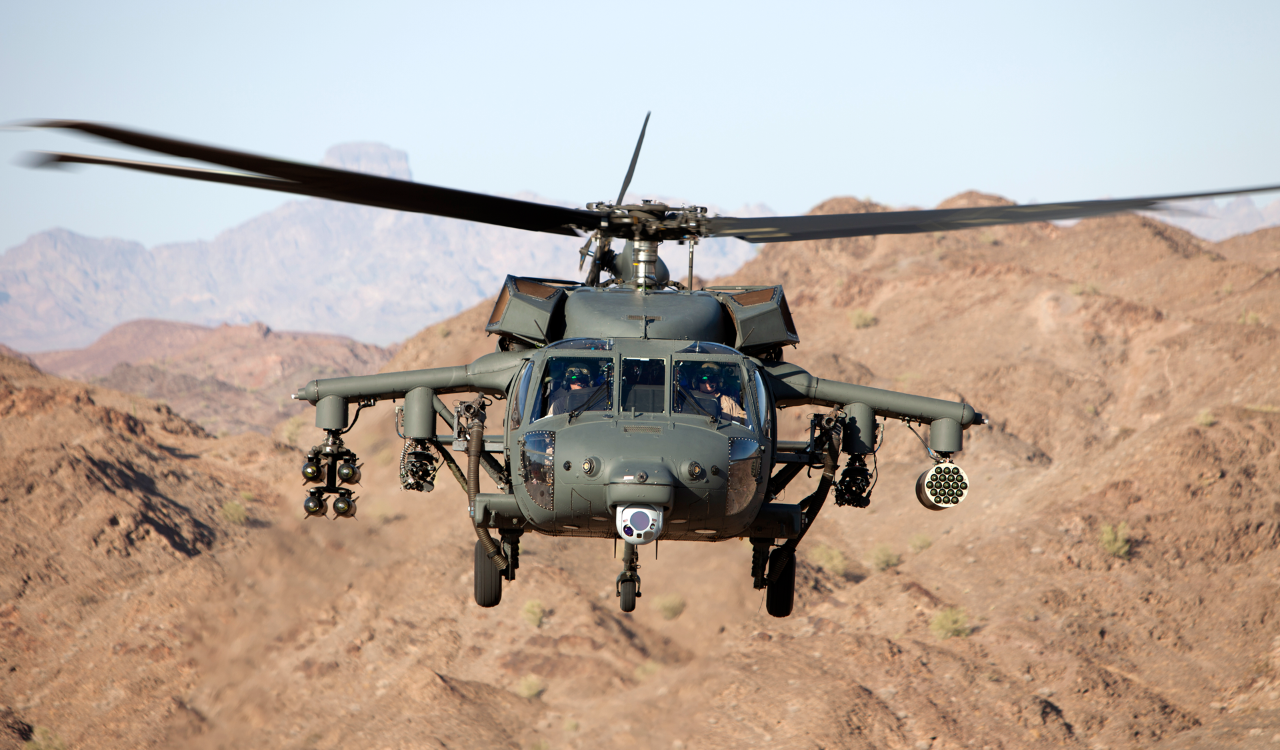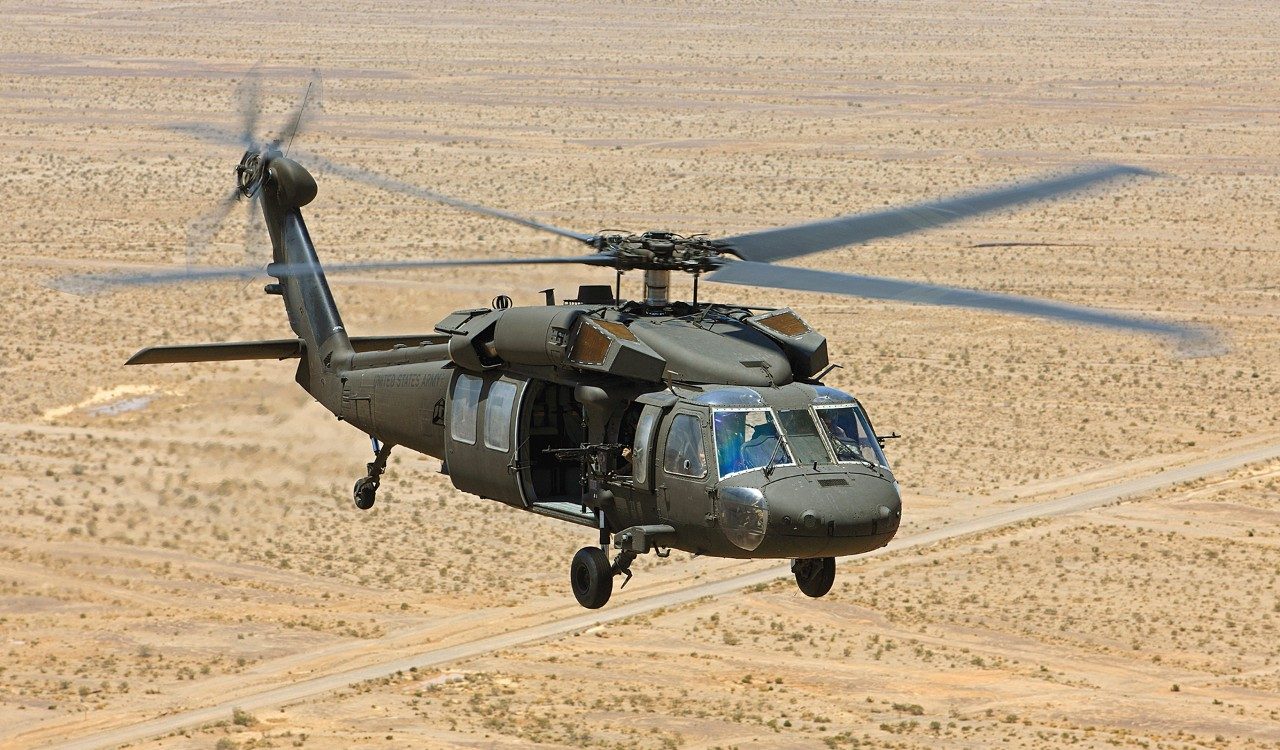The Impact of Sustainable Practices on the Future of Airplane Workflow and Emissions Reduction
As the aeronautics sector encounters raising examination over its environmental influence, the fostering of sustainable methods arises as a vital pathway toward future airplane operations and emissions reduction. Advancements in lasting aviation fuels and improvements in crossbreed propulsion innovations stand at the leading edge of this improvement, appealing considerable reductions in greenhouse gas exhausts. The effective assimilation of these initiatives hinges on a variety of factors, consisting of regulative frameworks and sector cooperation. The question remains: exactly how will these evolving methods improve the dynamics of air travel and add to a much more sustainable future?

Introduction of Sustainable Practices
Lasting methods in airplane operations encompass a series of strategies intended at reducing ecological effect while keeping functional efficiency. These practices are necessary in the aviation sector's commitment to decreasing its carbon impact and sticking to global environmental requirements. Key initiatives consist of maximizing flight paths to minimize gas intake, improving maintenance protocols to make certain airplane run at peak performance, and implementing sophisticated modern technologies such as winglets and light-weight products that enhance aerodynamics.

Engaging and training personnel on sustainability methods also play a vital role, promoting a culture of ecological duty within companies. On the whole, the integration of these sustainable practices not only assists reduce exhausts yet also enhances the long-lasting stability of the air travel market, ensuring it meets the needs of both customers and regulatory bodies while adding to worldwide sustainability goals.
Cutting-edge Fuel Alternatives
Various ingenious fuel choices are emerging as essential options to reduce the air travel sector's dependence on conventional nonrenewable fuel sources. Among these alternatives, Sustainable Aeronautics Fuels (SAFs) have actually acquired considerable interest because of their prospective to reduce lifecycle greenhouse gas emissions by up to 80% contrasted to conventional jet gas. SAFs are originated from numerous feedstocks, including waste oils, agricultural residues, and also algae, making them a functional option for the market.
Another promising choice is hydrogen fuel, which, when made use of in fuel cells, produces only water vapor as a by-product. In addition, electrical propulsion systems are being checked out, leveraging battery technology to power airplane.
Finally, biofuels stemmed from biomass are being checked out, supplying a sustainable option that can be combined with typical gas. Collectively, these innovative gas options stand for a crucial step towards accomplishing a sustainable aeronautics ecosystem, lining up with international exhausts reduction targets and boosting the market's ecological stewardship.
Technical Improvements in Aviation

Just how can technical advancements reshape the future of aviation? Technologies such as hybrid and electric propulsion systems are at the center, promising significant decreases in fuel consumption and greenhouse gas emissions.
Furthermore, the execution of advanced products, such as light-weight composites, adds to boosted the rules of aerodynamics and gas effectiveness. The usage of expert system and maker understanding in flight procedures optimizes path planning and lowers gas burn by enabling real-time modifications based on weather condition and web traffic problems. Furthermore, the development of self-governing and remotely piloted aircraft systems stands to reinvent freight and guest transport, potentially enhancing effectiveness while lessening human error.
Additionally, sustainable aviation innovations, including advanced air website traffic administration systems, can improve operations and decrease congestion, leading to reduced discharges throughout flight. These innovations jointly stand for a standard change in aviation, promising a future where sustainability and operational efficiency are linked, thereby supporting the market's dedication to minimizing its ecological influence.

Regulatory Structure and Conformity
Due to you could look here the growing emphasis on ecological stewardship within the aviation field, the regulatory framework governing aircraft procedures is advancing to promote lasting methods. Regulatory bodies, such as the International Civil Aeronautics Organization (ICAO) and numerous nationwide aeronautics authorities, are introducing rigid learn the facts here now guidelines focused on reducing exhausts and boosting functional efficiency.
These policies often include the fostering of Lasting Aviation Fuel (SAF), which has been identified as a vital element in accomplishing lower carbon impacts. Moreover, conformity with these guidelines requires airline companies to execute operational practices and advanced innovations, such as optimized trip courses and boosted air traffic administration, to decrease fuel intake.
In addition, the enforcement of emissions trading plans and carbon balancing out initiatives is ending up being progressively widespread, compelling airlines to monitor and report their discharges properly. Non-compliance can lead to considerable penalties, thus pushing drivers to prioritize sustainability in their business models.
Inevitably, the progressing regulative landscape not only drives development and investment in eco-friendly technologies yet additionally fosters a culture of responsibility within the air travel sector. As these structures proceed to develop, the focus on lasting practices will be indispensable to accomplishing the industry's long-term environmental goals.
Future Fads in Airplane Workflow
As the air travel sector adapts to a significantly strict governing setting, future fads in aircraft operations are readied to focus on innovative solutions that even more enhance sustainability and efficiency - uh 60. Secret developments will likely include the adoption of sophisticated air website traffic administration systems, which utilize real-time information and expert system to optimize flight courses, lowering fuel usage and emissions
One more significant pattern is the increased assimilation of sustainable aeronautics fuels (SAFs) These choices to traditional jet gas, obtained from renewable sources, can dramatically visit this web-site decrease lifecycle greenhouse gas discharges. The industry's commitment to SAFs will likely speed up as airline companies work together with gas producers to make certain schedule and cost-effectiveness.
Additionally, the press towards electrification and hybrid propulsion systems is obtaining momentum. Arising aircraft layouts will include these innovations, offering quieter and much more reliable operations, particularly for short-haul trips.
Verdict
In verdict, the integration of lasting practices in aircraft procedures holds significant possibility for exhausts reduction and boosted performance. The adoption of lasting aviation gas, combined with improvements in hybrid and electrical propulsion systems, is vital for decreasing lifecycle greenhouse gas exhausts. Additionally, enhancing trip paths and welcoming innovative innovations add to a quieter and extra eco-friendly aeronautics market. Jointly, these efforts align with international sustainability goals and pave the method for a greener future in aeronautics.
Advancements in sustainable aeronautics gas and improvements in crossbreed propulsion technologies stand at the leading edge of this transformation, encouraging significant decreases in greenhouse gas discharges.Various cutting-edge fuel choices are arising as pivotal options to lower the air travel sector's dependence on traditional fossil gas - uh 60. Among these alternatives, Lasting Aeronautics Fuels (SAFs) have actually gotten considerable attention due to their possible to lower lifecycle greenhouse gas exhausts by up to 80% contrasted to conventional jet gas.One more significant pattern is the boosted combination of lasting aviation fuels (SAFs) The fostering of lasting aeronautics fuels, combined with innovations in electrical and hybrid propulsion systems, is vital for decreasing lifecycle greenhouse gas emissions